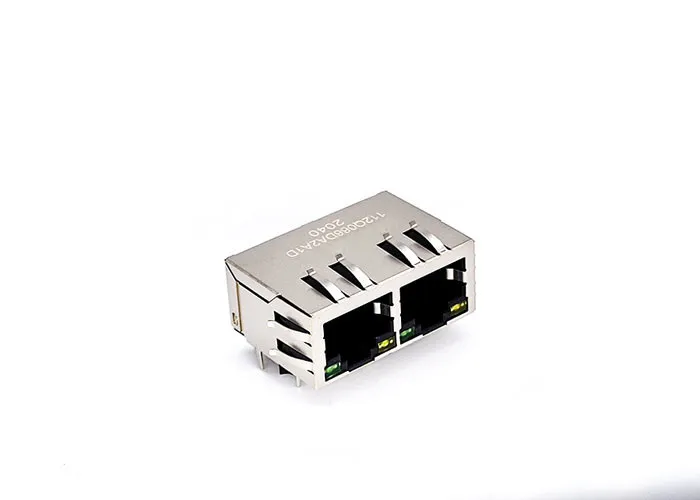RJ45 Connectors vs. Wi-Fi: When to Choose Wired Connections
Hello, everyone! Today we’re going to talk about two important ways to connect to the internet: RJ45 connectors and Wi-Fi. Imagine you’re at home trying to get online, and you face a choice: should you use that bulky Ethernet cable (RJ45 connector) or rely on the wireless signal? Let’s explore the pros and cons of each to help you make the best choice in the right situations.
RJ45 Connectors: The Reliable “Old Friend”
RJ45 connectors, commonly known as Ethernet connectors, are like your reliable old friend—steady and dependable. They connect devices through an Ethernet cable, providing speeds that can be very high, sometimes reaching 1 Gbps. This is like driving to the store; if you take your car (wired connection), you’ll get there much faster than if you walk (wireless connection).
Advantages:
- Stability: In places like school labs or data centers where a steady network connection is essential—think of it as needing to perform well on an exam—RJ45 connectors ensure that the signal isn’t disrupted.
- Speed: If you’re a gamer who needs quick reactions, an RJ45 connection guarantees that your gaming experience won’t suffer from delays.
Wi-Fi:The"Free Bird"of Connectivity
Wi-Fi is like a free bird that can fly around your house. You’re not tied down by cables, allowing you to connect from the sofa, bed, or even the kitchen—super convenient!
Advantages:
- Flexibility: Imagine making breakfast while listening to music and checking recipes online. With Wi-Fi, you won’t trip over any cables.
- Convenience: If your friends come over and want to connect to the internet, Wi-Fi is like opening the doors to a party—everyone can join easily.
When to Choose RJ45 Connectors
Sometimes, RJ45 connectors are the smarter choice, especially in the following situations:
- High Data Transfer Needs: For example, if you’re downloading a large game or uploading a high-definition video, RJ45 connectors act like a wide highway, allowing you to complete tasks quickly.
- High Interference Environment: In places with many electrical devices, like factories or labs, interference can disrupt Wi-Fi signals. In such cases, RJ45 connections provide a protective umbrella against these interferences.
When to Choose Wi-Fi
On the other hand, Wi-Fi is the better choice in some situations:
- Need for Mobility: If you’re at home sipping coffee and working, Wi-Fi is like having wireless headphones—convenient and portable.
- Temporary Connections: For instance, if friends are over for a party and you don’t want to mess with cables, Wi-Fi is like a quick assistant that allows for easy network setup.
Conclusion
In summary, RJ45 connectors and Wi-Fi each have their strengths and weaknesses. The choice between them should depend on your specific needs. When speed and stability are crucial, RJ45 is your reliable partner; when flexibility and convenience matter, Wi-Fi is your best option.
I hope today’s discussion helps you make wiser network choices in your future studies and careers. Does anyone have questions or thoughts to share?
To find products and services more accurately, please try entering keywords for search.
For more product and service content, please contact us and send an email to sales@dimud.com.
We sincerely look forward to connecting with you!


